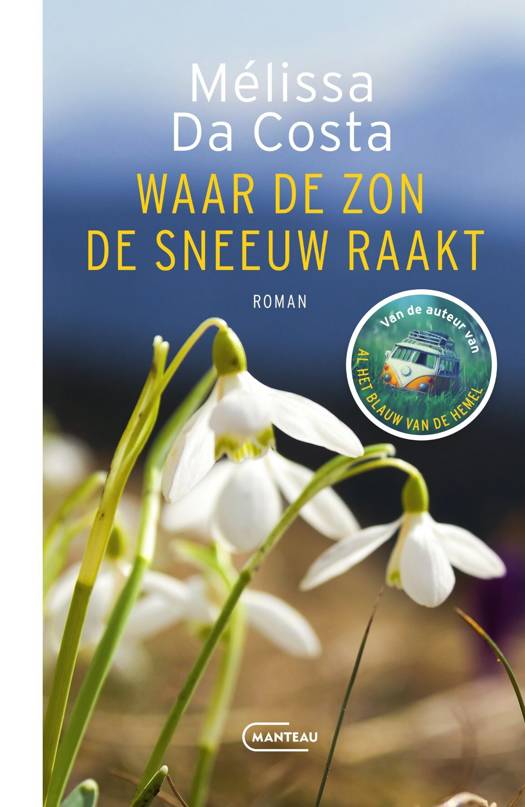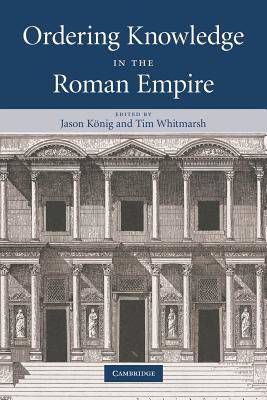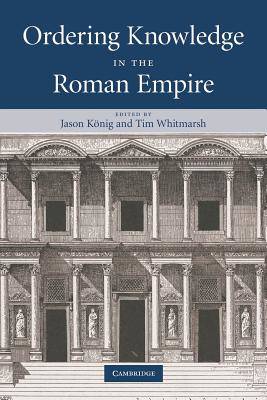
- Afhalen na 1 uur in een winkel met voorraad
- Gratis thuislevering in België vanaf € 30
- Ruim aanbod met 7 miljoen producten
- Afhalen na 1 uur in een winkel met voorraad
- Gratis thuislevering in België vanaf € 30
- Ruim aanbod met 7 miljoen producten
Zoeken
Ordering Knowledge in the Roman Empire
Paperback | Engels
€ 76,45
+ 152 punten
Omschrijving
The Romans commanded the largest and most complex empire the world had ever seen, or would see until modern times. The challenges, however, were not just political, economic and military: Rome was also the hub of a vast information network, drawing in worldwide expertise and refashioning it for its own purposes. This fascinating collection of essays considers the dialogue between technical literature and imperial society, drawing on, developing and critiquing a range of modern cultural theories (including those of Michel Foucault and Edward Said). How was knowledge shaped into textual forms, and how did those forms encode relationships between emperor and subjects, theory and practice, Roman and Greek, centre and periphery? Ordering Knowledge in the Roman Empire will be required reading for those concerned with the intellectual and cultural history of the Roman Empire, and its lasting legacy in the medieval world and beyond.
Specificaties
Betrokkenen
- Uitgeverij:
Inhoud
- Aantal bladzijden:
- 320
- Taal:
- Engels
Eigenschappen
- Productcode (EAN):
- 9780521296939
- Verschijningsdatum:
- 30/06/2011
- Uitvoering:
- Paperback
- Formaat:
- Trade paperback (VS)
- Afmetingen:
- 152 mm x 229 mm
- Gewicht:
- 430 g

Alleen bij Standaard Boekhandel
+ 152 punten op je klantenkaart van Standaard Boekhandel
Beoordelingen
We publiceren alleen reviews die voldoen aan de voorwaarden voor reviews. Bekijk onze voorwaarden voor reviews.










